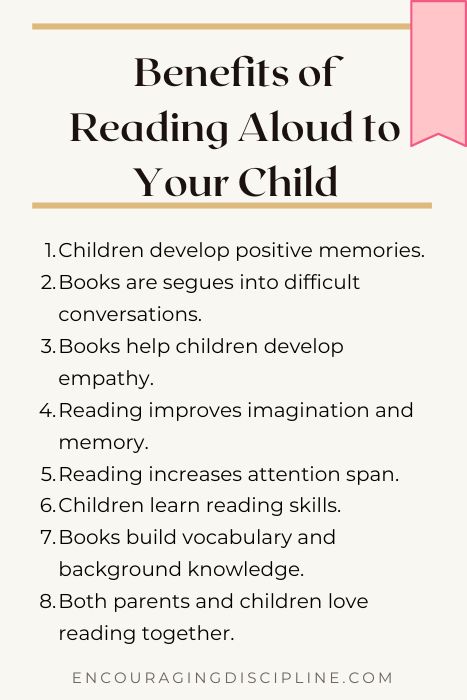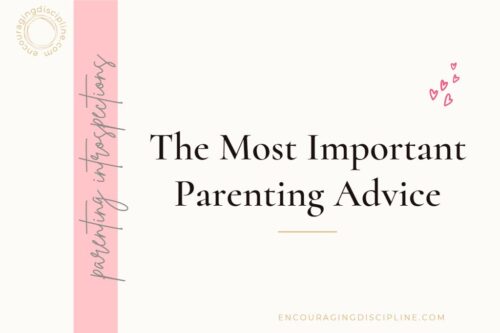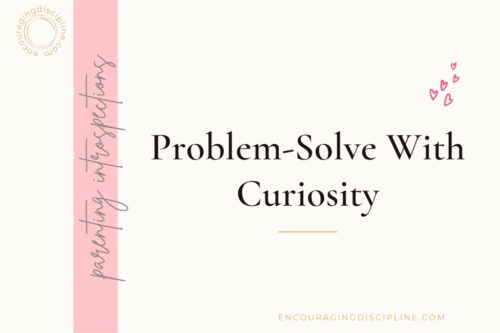Benefits of Reading Aloud to Children
Here is the good news: more parents are reading aloud to their children today than a few years ago. Here is my dream: that all parents will read aloud to or with their children … forever. In this article, I will detail the benefits of reading aloud to children and when you should start reading to them.
Table of Contents
How Important Is It to Read Aloud to Children?
Reading has important benefits for children’s development. It builds connection, and develops imagination, memory, reasoning, literacy, and vocabulary.
Children who are read to at home become much better readers in school and learn to love reading on their own. Therefore, by reading to your child, you help to lay a strong foundation for their literacy development and to turn them into life-long readers and learners.
Several studies demonstrated that children who are read to three to five times a week have higher literacy and numeracy skills.
That’s right, your child will be a better reader if you read aloud to them. You can start as soon as they are born and never stop. Even after they become independent readers, they still benefit from being read to.
Related: 21 Literacy Games to Keep Your Kids Busy and Learning

The Benefits of Reading Aloud to Children Daily
Here are eight reasons why you should read aloud to your child:
1. Children Develop Positive Memories
One reason why you should read aloud to your child is that it creates a wonderful bonding experience, with soothing memories attached to it. You sit close to each other and you share the same story, your child hears your soothing voice and feels your body close. It is a time that you give all to them. It can become one of the most precious moments in a child’s life.
Try to create a routine or ritual around reading. You could read together every day at bedtime, or first thing in the morning. Reading can be a way to release stress, so picking up a book could become your and your child’s go-to activity before a visit to the dentist, a test, or other stressful moments for your child.
If your child grows up with such routines, he will be more likely to deal with stressful experiences later in life in a healthy way. He will know what he needs to destress and he will reach for a book to bring back those soothing memories from his childhood.
2. Books Are Segues Into Difficult Conversations
Books are chock-full of information and can provide answers to many questions. You will find books on a variety of topics, from bullying, body image, death, divorce, you name it.
We, parents, sometimes do not know the answers to many situations our children are trying to navigate, or we have no idea where to begin the conversation. Sure, we could try not even addressing these issues. But do we want our children to get their answers from their peers, social media, or other sources? Or would we rather be the ones to give them the right information that aligns with our family values?
Books can be a wonderful help in starting tricky conversations. You can start reading the book, and casually begin a discussion about the characters and what they are going through. There is no need to have a presentation, no need to put the child on the spot. You talk about a character. You will see that your child will be willing to find a connection to her own experience and that is a powerful teaching and learning opportunity.
3. Books Help Children Develop Empathy
Another proof of why you should read aloud to your child is the empathy that books help build. When you read aloud to your child, you can ask questions about what the characters are feeling, and thinking, and why they are making certain decisions. Sometimes the stories are explicit, and the child can easily tell what goes on in the character’s mind. Other times, he has to figure out what the character is feeling and thinking, based on the character’s decisions, actions, and choice of words in the story.
This is a beautiful way to develop empathy, which is basically understanding what the other person is feeling. This skill transfers into their daily life and interactions with other people.
4. Reading Improves Imagination and Memory
When you read to your children, they have to use their imagination to string together the story they are hearing.
They are using and refining their listening skills and converting all that information into mental images that have to be processed, understood, categorized, and stored. Because reading is such a rich experience, children can retain a lot of what the book presents. I am sure you have noticed how children can recall details from a book many weeks after reading it.
5. Reading Increases Attention Span
Books are very engaging, with their vivid illustrations and compelling stories. It is easy for children to focus their attention on what the story has to offer. Therefore, reading can be an easy exercise to increase the child’s attention span. Just watch how long your child can stay focused and engaged while you read, and slowly increase the time you are reading together.
However, try to avoid making it into a performance issue, timing your child’s attention span and turning it into a goal. Remember, reading should be pleasurable.
6. Children Learn Reading Skills
Reading is more than just decoding words. When children eventually learn to read by themselves, they have to know how to use all the information in the text to synthesize the message. Additionally, they have to always evaluate what has happened in the story before and make predictions about what will follow. They also try to find connections in their life to make meaning of what they are reading in the book. And they will learn the conventions of a story, such as character, setting, plot, and theme.
All this mental activity is crucial in developing children’s thinking as well as their literacy skills. As you read to your child, he will begin developing all these skills, before he can even read by himself! So when he does begin to read independently, he will be using all these skills he’s been practicing with you since birth. He will already behave like a reader.
7. Books Build Vocabulary and Background Knowledge
A child’s vocabulary (how many words they know) is directly linked to their success in school and in life. The bigger a child’s vocabulary, the more they know about different topics. In books, children encounter 50% more rare words than we use in daily spoken language (Jim Trelease, The Read-Aloud Handbook).
Several studies measured the difference that reading to children can make on their vocabulary. In general, children who read or were read to for 20 minutes a day, ended up reading or hearing on average 1,800,000 words in a school year (Nagy &Herman, 1987).
Background knowledge is what a child knows. As you can see, vocabulary supports background knowledge. Background knowledge can be attained through life experiences, but also through reading. We cannot learn everything through experience.
While I would love to live among chimpanzees for a while to learn everything about their habitat, anatomy, and behavior, this is not a feasible expectation. That’s why I can learn this type of information from books and widen my background knowledge.
Multiple fascinating studies show how talking and reading to children help their brains grow and constitute the most significant factors in their educational success.
8. Reading Together is Enjoyed by All
According to the 2023 Scholastic Kids and Family Reading Report, a great majority of children ages 6-11 say they love reading with their parents. And almost half of older kids reported they enjoy reading with their parents. I suspect that the decline is due to our level of involvement. If we read regularly with our kids, they will learn to love it.
This is great news! Reading together is a highly enjoyable activity. Therefore, we should be doing more of what both we and our children love.
At What Age Should You Start Reading to Your Child?
It’s best if you start reading to your child at birth. You will notice how fascinated your baby is with the colors and textures of board books. In addition, you will be introducing new words that your baby’s brain will be ready to soak up.
Not sure how or what to read to your baby? Here is a great resource from Scholastic for children 0-2 years of age.
At What Age Can You Stop Reading to Your Child?
The short answer is never.
Recently, Scholastic reported that many parents stop reading aloud to their children sometime between their 8th and 9th birthdays. Keeping in mind that children still love being read to at age 14, and knowing the importance of reading aloud to our children, I would encourage you to push this statistic and continue reading to your child for as long as they find it pleasurable. You may just find your 15-year-old wanting to read with you instead of scrolling through their phone.
Bottom Line
In conclusion, reading to your child has numerous benefits. In addition to teaching them about life, they become strong readers, and you create a wonderful bonding experience with your child around books. But remember, all these benefits are obtained by engaging with the child around the text you are reading. Making it a meaningful, rich, and joyful experience is what fires up the child’s brain, priming it for development.
I hope that, after reading this article, you understand better the benefits of reading aloud to your child.
So go pick up a book and snuggle up with your child. Read aloud to your child every day and both of you will be happier. It will be time well spent.







